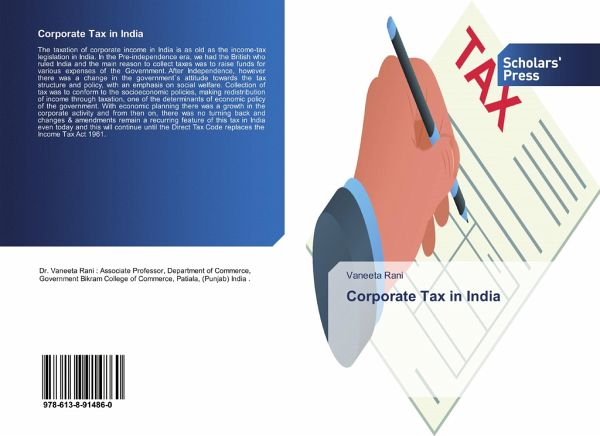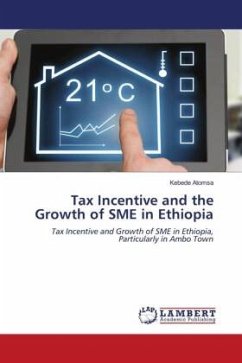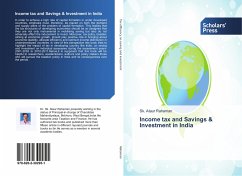
Corporate Tax in India
Versandkostenfrei!
Versandfertig in 6-10 Tagen
40,99 €
inkl. MwSt.

PAYBACK Punkte
20 °P sammeln!
The taxation of corporate income in India is as old as the income-tax legislation in India. In the Pre-independence era, we had the British who ruled India and the main reason to collect taxes was to raise funds for various expenses of the Government. After Independence, however there was a change in the government`s attitude towards the tax structure and policy, with an emphasis on social welfare. Collection of tax was to conform to the socioeconomic policies, making redistribution of income through taxation, one of the determinants of economic policy of the government. With economic planning...
The taxation of corporate income in India is as old as the income-tax legislation in India. In the Pre-independence era, we had the British who ruled India and the main reason to collect taxes was to raise funds for various expenses of the Government. After Independence, however there was a change in the government`s attitude towards the tax structure and policy, with an emphasis on social welfare. Collection of tax was to conform to the socioeconomic policies, making redistribution of income through taxation, one of the determinants of economic policy of the government. With economic planning there was a growth in the corporate activity and from then on, there was no turning back and changes & amendments remain a recurring feature of this tax in India even today and this will continue until the Direct Tax Code replaces the Income Tax Act 1961.












